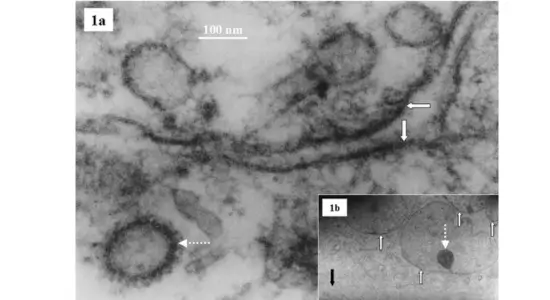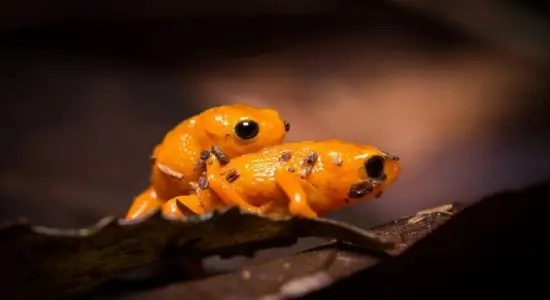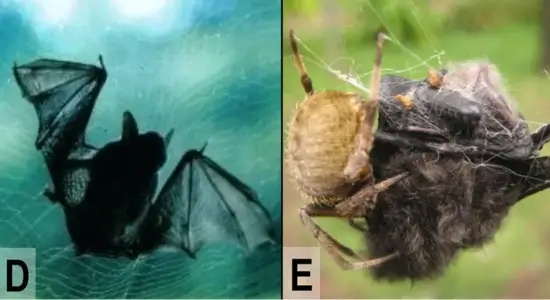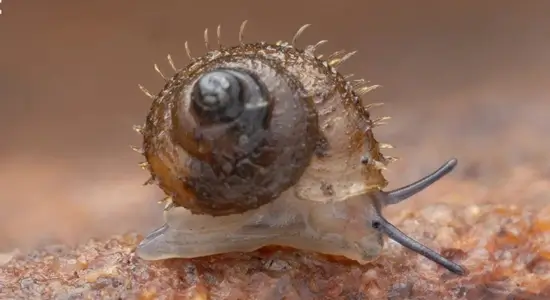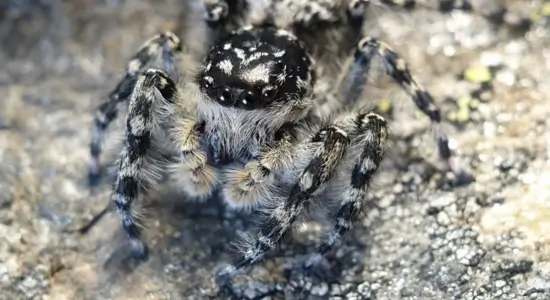 O. otagoensis: A face even an arachnophobe could love. Image credit: Robin Long
O. otagoensis: A face even an arachnophobe could love. Image credit: Robin Long
Fact Fun celebrates nature’s more whimsical side with a discovery from New Zealand: a new jumping spider genus discovered in New Zealand—a group of tiny, expressive spiders drawing attention for their bright color patterns and unusual limb gestures.
A Genus Full of Character
Researchers studying Salticidae—the amazing family of jumping spiders—spotted a group of small spiders in New Zealand woods with strange white tufted pedipalps and quirky walking styles. These features didn’t match any known genus, leading to the formal description of a new genus based on genetic sequencing and distinctive morphology. Their faces and movements have been described as “real characters” by the scientists who first observed them.
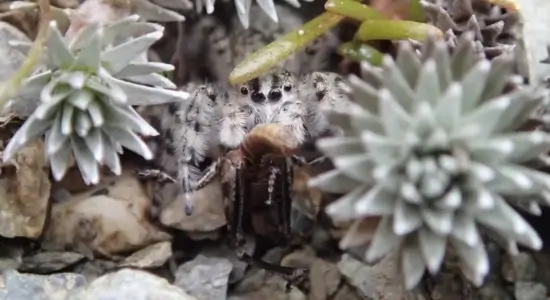 Meet O. petroides, the (probably) ballooning wonder spider. Image credit: Robin Long
Meet O. petroides, the (probably) ballooning wonder spider. Image credit: Robin Long
Why It Matters
- Scientific milestone: This discovery underscores how even familiar environments can still harbor unique arachnid biodiversity.
- Behavioral curiosity: Jumping spiders are renowned for their bold personalities—this new genus adds to that reputation with elaborate courtship-like movements.
- Conservation reminder: Understanding such species highlights the importance of preserving New Zealand’s native bushland.
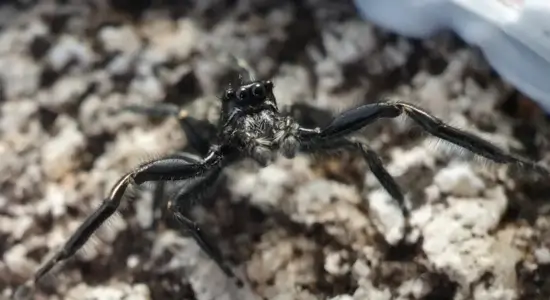 Get a load of the big buggy eyes on O. mauka. Image credit: Robin Long
Get a load of the big buggy eyes on O. mauka. Image credit: Robin Long
Curious about other impressive spiders? Learn how wolf spiders use camouflage and stealth to hunt in this related article: Wolf spider hunting skills & habitat. Then, debunk popular myths and uncover the truth about desert spiders in this internal feature: Desert spider truth & myths.
Did You Know?
New Zealand is home to over 150 jumping‑spider species, many of which show remarkable courtship dances and keen visual cognition—even rivaling some birds—in recognizing and remembering each other.
If you’re fascinated by spiders with flair—or any creature with unique quirks—stay tuned to Fact Fun. From worm‑eating wonders to tiny arachnid acrobats, we explore the natural world’s most eccentric characters. Bookmark Fact Fun for your next wild discovery!
ref : zookeys , iflscience

